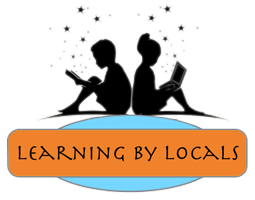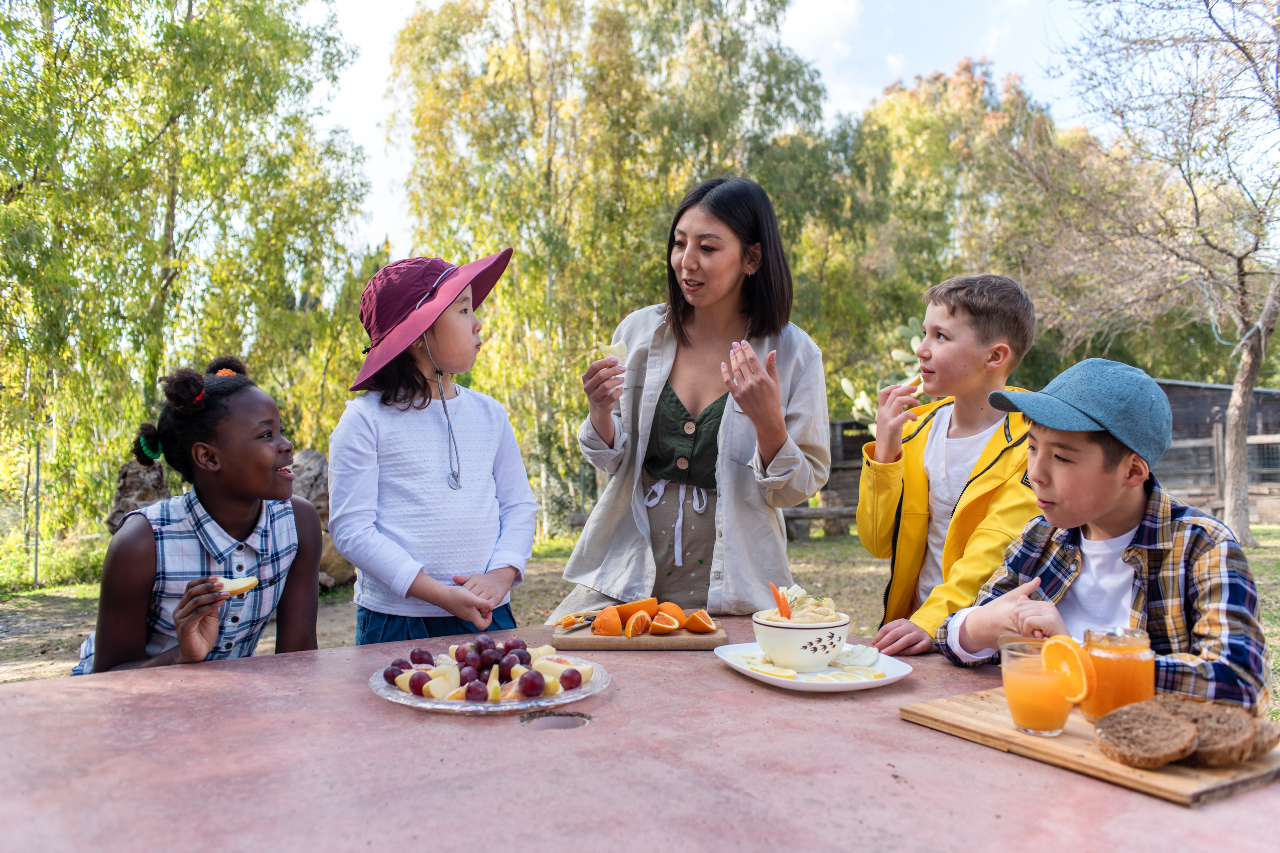Every organization has a story—and Learning by Locals is built on a simple belief: education can transform lives when brought to those who need it most.
Founded with the vision of “education for every child,” our NGO focuses on providing opportunities to children from underserved communities. We started small—with just a few volunteers teaching children in local neighborhoods. Today, we have expanded into structured programs, community partnerships, and digital initiatives.
Our mission is clear: to empower children through knowledge, to support communities through learning, and to inspire change by involving locals in every step. What sets us apart is our grassroots approach—working closely with communities, rather than imposing solutions from outside.
Non-Governmental Organizations (NGOs) play an essential role in improving education, especially in underserved communities. Where governments fall short, NGOs provide innovative solutions and resources to bridge the gap.
NGOs often establish learning centers in rural areas, provide affordable materials, and recruit volunteers to ensure children get access to education. They also introduce innovative teaching methods such as activity-based learning, digital classrooms, and skill-focused programs.
Another strength of NGOs is community engagement. By involving parents and locals, they create a stronger sense of responsibility and participation in education. Many NGOs also partner with governments and corporates, ensuring broader reach and better resources.
👉 NGOs are at the heart of building inclusive, accessible, and modern education systems.
As we continue this journey, we invite you to walk with us. Together, we can create a world where every child has access to quality education.




